Cyber-attacks in the past were heavily focused on bypassing security measures implemented by businesses. They would look for exploits and vulnerabilities within security perimeters to then steal data or cause damage to a business. However, as security improved over the years, it became increasingly more difficult for these attackers to infiltrate a business’ network. This is where many cybercriminals shifter their focus to individuals who are far less careful in their approach to security. Implementing solutions like MFA in the Philippines can help alleviate that blind spot in security.
What is Multi-Factor Authentication?
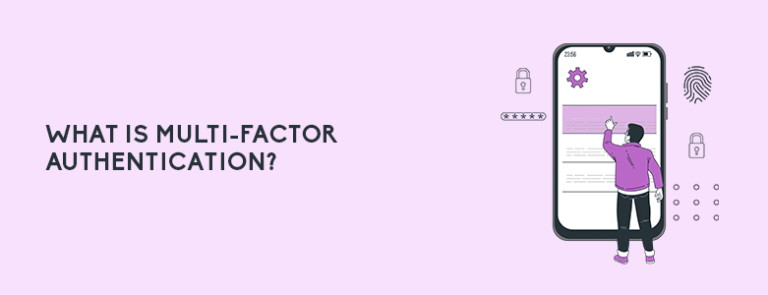
Multi-Factor Authentication is a security process that requires users to provide two or more verification factors to access an account. These factors may include something you know (like a password), something you have (like a smartphone), or something you are (like a fingerprint).
The Rising Need for MFA in the Philippines
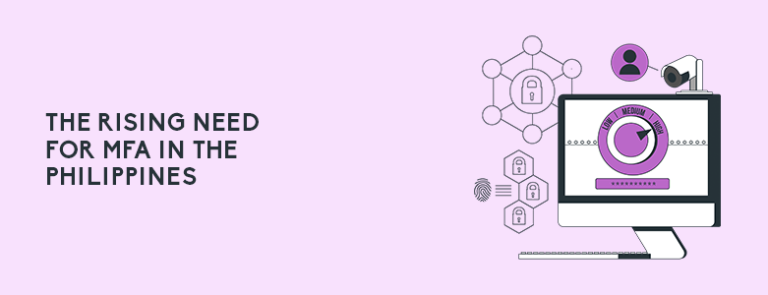
Attacks focused on employees and individuals are becoming more prevalent in the Philippines. It’s becoming more common place to see Phishing scams or attacks targeted at the everyday person. This is because there are still many here who are not educated in these attacks and are the most vulnerable to Phishing. MFA solution providers like RSA help add an additional layer of security for businesses and their employees to ensure that these attacks are stopped before they get worse.
MFA Implementation in the Philippines
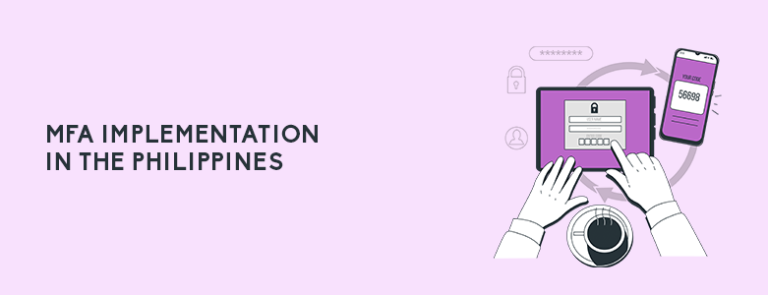
Unsure of how MFA can be of help to your business? Below are a few examples of how MFA is helping different industries are using verification to lower the chance of successful attacks on their business:
Banking and Financial Services

Banks in the Philippines are adopting MFA to safeguard online banking transactions. Customers now need to provide additional authentication, such as a one-time PIN, to access their accounts.
E-Government Services
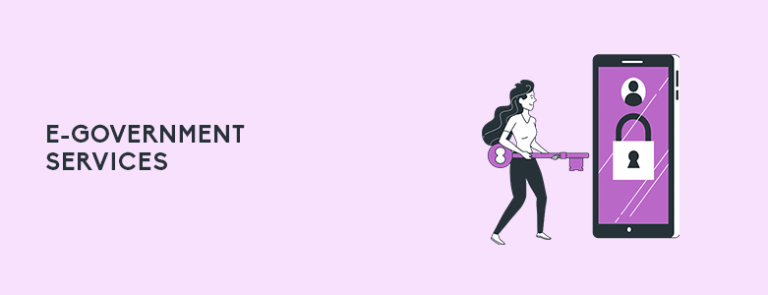
Government agencies are also integrating MFA to secure citizen data and online services. This ensures that only authorized users can access government portals and services.
Corporate IT Security
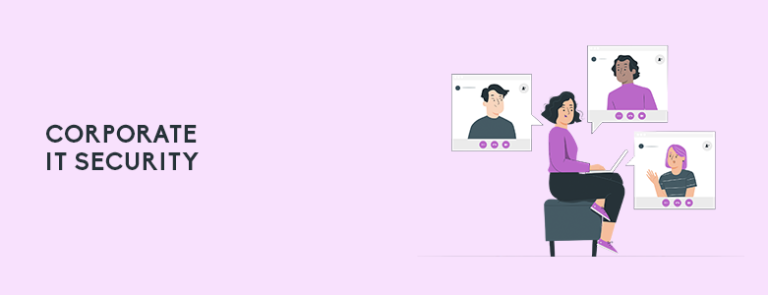
Businesses in the Philippines are implementing MFA to protect their sensitive data and proprietary information. This is especially crucial for remote workers and employees accessing company systems from various locations.
Advantages of MFA
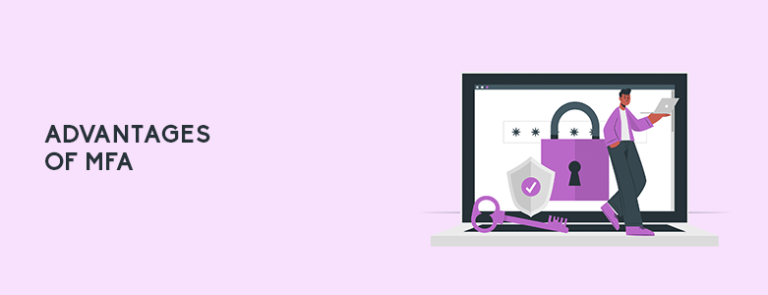
The benefits and advantages of MFA are numerous, below is just a few of them that immediately comes to mind. These are the immediate benefits businesses can expect to achieve by implementing MFA in the Philippines.
Enhanced Security: MFA significantly reduces the risk of unauthorized access, protecting sensitive data from cyber threats.
User Convenience: Despite the added security, MFA is designed to be user-friendly and convenient, allowing users to access their accounts with ease.
Compliance with Data Protection Laws: MFA helps organizations in the Philippines comply with data protection regulations, which is vital in the digital age.
FAQs

Is MFA mandatory for all online services in the Philippines?
MFA implementation varies, but it’s becoming increasingly common, especially for services dealing with sensitive data.
Are there any disadvantages to MFA?
While MFA enhances security, it can sometimes be perceived as an inconvenience, particularly if users forget their authentication factors.
What are the common authentication factors used in MFA?
Common factors include passwords, SMS codes, fingerprint recognition, and hardware tokens.
Can MFA be hacked?
While no security measure is entirely foolproof, MFA makes it significantly more challenging for unauthorized access.
How can I implement MFA for my business in the Philippines?
Consult with IT security experts like CT Link Systems, Inc., you may contact us at marketing@ctlink.com.ph to learn more of our MFA security solutions like RSA.
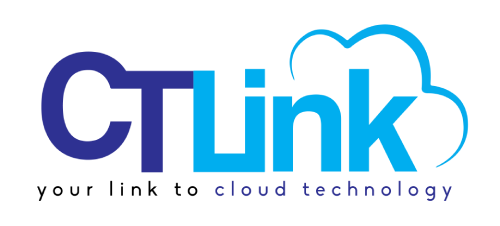

One Response